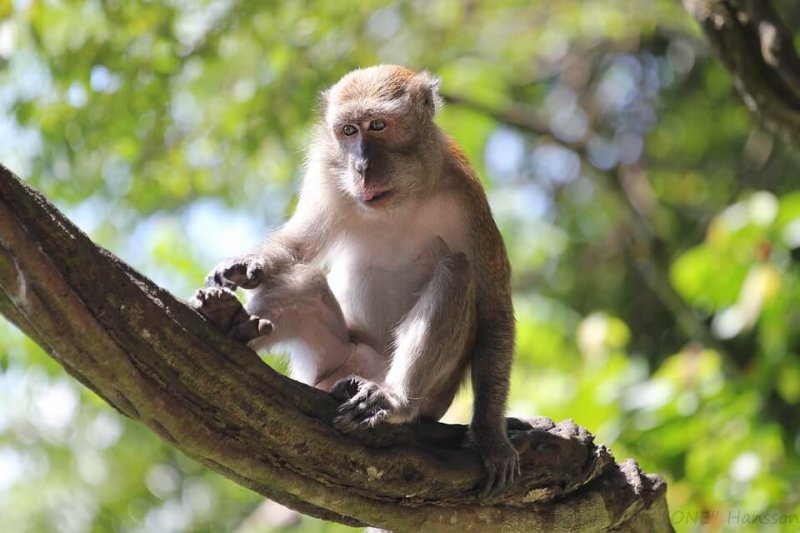Neuroscientists have for the first time discovered differences between the ‘software’ of humans and monkey brains, using a technique that tracks single neurons.
They found that human brains trade off ‘robustness’ — a measure of how synchronized neuron signals are — for greater efficiency in information processing. The researchers hypothesize that the results might help to explain humans’ unique intelligence, as well as their susceptibility to psychiatric disorders. The findings were published in Cell1 on 17 January.
…
Over the decades, neuroscientists have discovered many subtle and significant differences in the anatomy — the hardware — of the brains of humans and other primates. But the latest study looked instead at differences in brain signals.
…
Humans took the trade-off further than other primates. Their smarter, but more error-prone, cortices might explain their vulnerability to psychiatric disorders, [said study researcher Rony Paz from the Weizmann Institute of Science in Rehovot, Israel.]
That resonates with other theories in neuropsychology, which propose that synchronization of neuronal activity in the brain might be correlated with psychosis or depression, says cognitive neuroscientist Robert Knight at the University of California, Berkeley. “This line of research is very important, because most neuroscience studies are carried out in animals with the assumption that the core pattern of neuronal activity holds across species — for humans, too,” he says.
Read full, original post: Pioneering brain study reveals ‘software’ differences between humans and monkeys































